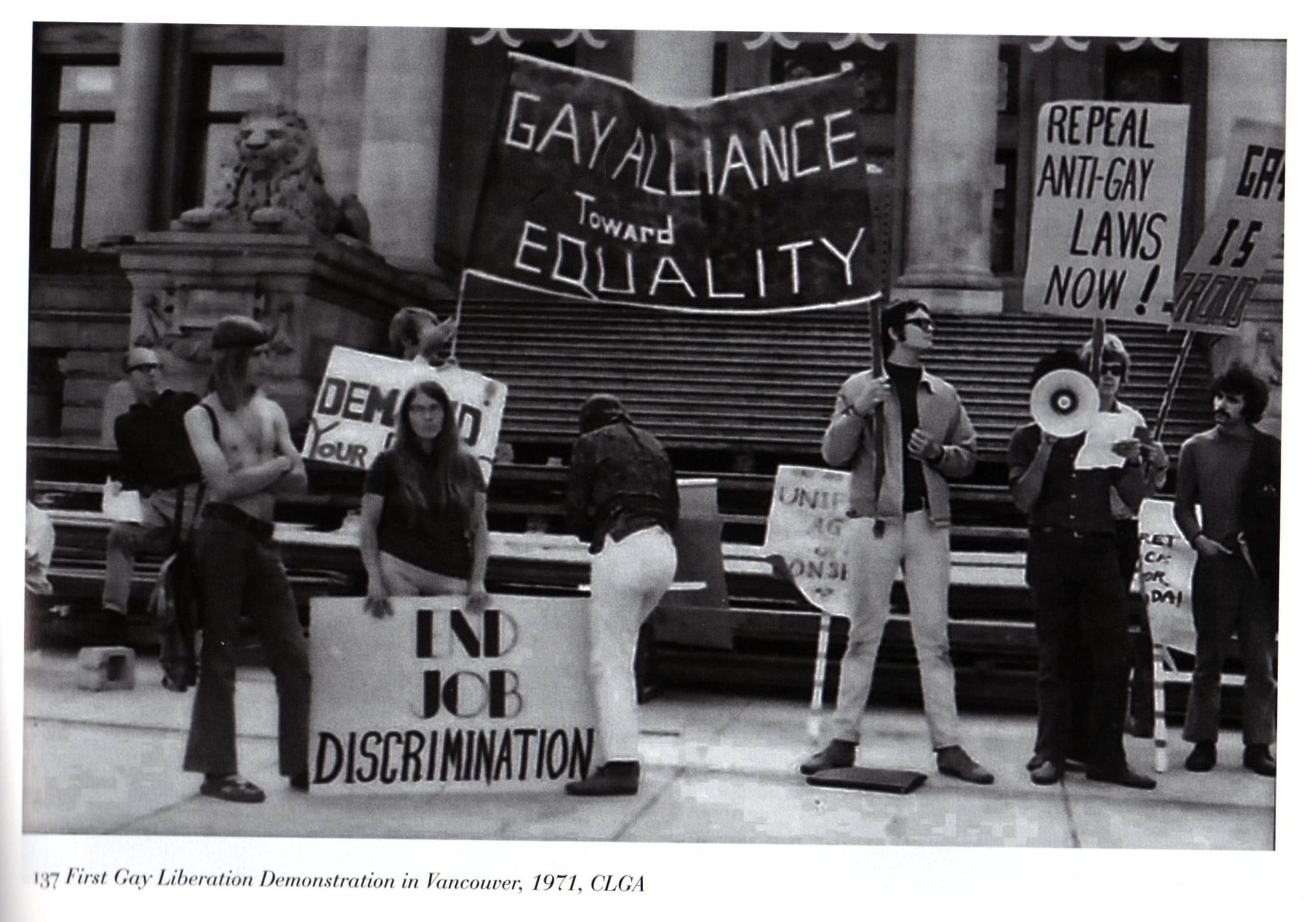My Grounds for Appeal
Editor’s Note: David Malmo-Levine is a Vancouver marijuana activist incarcerated at the Fraser Regional Correctional Centre in Maple Ridge, BC, for his establishment of the Vancouver Herb School. David is considering an appeal of his sentence and lays out his reasoning below. He would love your feedback and thoughts. Please click here and here for more information on David’s case.
“All laws which can be violated without doing anyone any injury are laughed at.” – Spinoza(c.1660)
In my case there was no victim impact statement and no evidence of any harm done to anyone. There was even an admission by Judge Galati agreeing with the Canadian Supreme Court in paragraph 100 of their decision in R. v. Malmo-Levine-R. v. Caine of 2003 that cannabis, used properly, is harmless. A new test for incarceration should be introduced into sentencing guidelines…in any case where (1) there is no victim impact statement (2) no evidence of harm of the accused actions (3) no likely hood of harm arising from the accused actions, jail must not be an option.
Canadians would rather live in a civilly disobedient society than an uncivil obedient society. Canadians would prefer to have their ‘Henri David Thoreau-type’ tax protesters walking around free rather than such great spirits wasting away in jail. Canadians would prefer to have the Harriet Tubmans and the escaped slaves walking around free. Canadians would prefer their Suffragettes, their civil rights activists, their native rights activists, their social justice activists, their human rights activists, their anti-war activists and their environmental activists walking around free than wasting away in jail, as long as these activists conducted themselves civilly in their disobedience.
Arrest them if you must, fine them if you must, but jail is much too brutal of punishment to inflict upon the segment of society which most often serves as a conduit for the necessary changes our society must go through to evolve, changes that (for one reason or another) the other branches of government and the other segments of society are unable to make on their own. The desire to punish the victimless disobedient with jail comes from a sort of arrogance with viewing the legal system as self-correcting, at least self correcting enough as not to require the civil disobedient activists as a necessary component. History proves otherwise.
When it comes to drug policy, we have evidence of expert and public opinion on cannabis being ignored by all the major political parties, even the NDP have thwarted attempts to adopt the Le Dain Commission, the Senate Report and the latest Angus Read polls into law (or in the NDP’s case into a national resolution). On top of this evidence of government ineffectiveness, we have the examples of the effectiveness of civil disobedience. Examples of civil disobedience being effective in drug policy are (1) industrial hemp activists being disobedient in 1994 leading to industrial hemp being made legal in 1996 (2) medicinal cannabis activists being disobedient in 1995 leading to medicinal cannabis being recognized as being constitutional in 1999, and (3) the unofficial supervised injection site of 2002 leading to the official supervised injection site of 2003.
The Canadian power structure cannot shut down every legal channel for reform while at the same time jailing or threatening to jail all who choose the only effective channel for reform.
The harm principle exists in the world’s first constitution, rights #4 and #5 of the French Declaration of the Rights of Man and of Citizen. It exists in John Stewart Mill’s quote on liberty, where it was called the right of “tastes and pursuits”, and if it cannot be said the harm principle is found in section 7 of the Canadian charter, it cannot be argued that it is not also found in the principle of sentencing. But it makes a mockery of justice to negate the harm principle in favor of what can only be called the “obedience principle”. Recidivism can only be used to justify a jail sentence if there is evidence of significant harm or a reason to suspect significant harm eventually arising inherently from the actions of the accused.
To continue to incarcerate the harmless under the auspices of “encouraging a respect for the law” – especially since the Le Dain Commission and the Senate Report have identified the faulty cannabis law itself as the origin of the disrespect for the law – insures only that justice is not done, and in this age of information, not seen to be done.
It is an affront to natural law to hear the argument that those involved in civil disobedience and victimless crimes should be incarcerated if they are repeat offenders, as if repeated victimless conduct could somehow create harm out of mid air. Drawing such a distinction only creates confusion.
David Malmo-Levine
Fraser Regional Correctional
Maple Ridge, BC
Editors Note: David included a useful list for anyone who might be checking into the Big House for the first time. Enjoy!
David Malmo-Levine’s 10 Tips for the Newly Incarcerated
1) No whistling
2) No whining
3) Don’t touch anyone’s person or property
4) Don’t go outside your room without your shoes
5) Don’t drag your chair across the floor
6) Figure out what phone your allowed to use
7) A) Figure out the pecking order B) Figure out who assigns the tables C) Sit at the table assigned to you
8) Keep your TV volume down
9) Always get sentenced with money in your pocket or you will only be allowed collect calls – and cell phones don’t accept collect calls
10) Always take all of your belonging with you when you get moved around
11) Talk to the guards as little as possible, get most of your information from other prisoners



